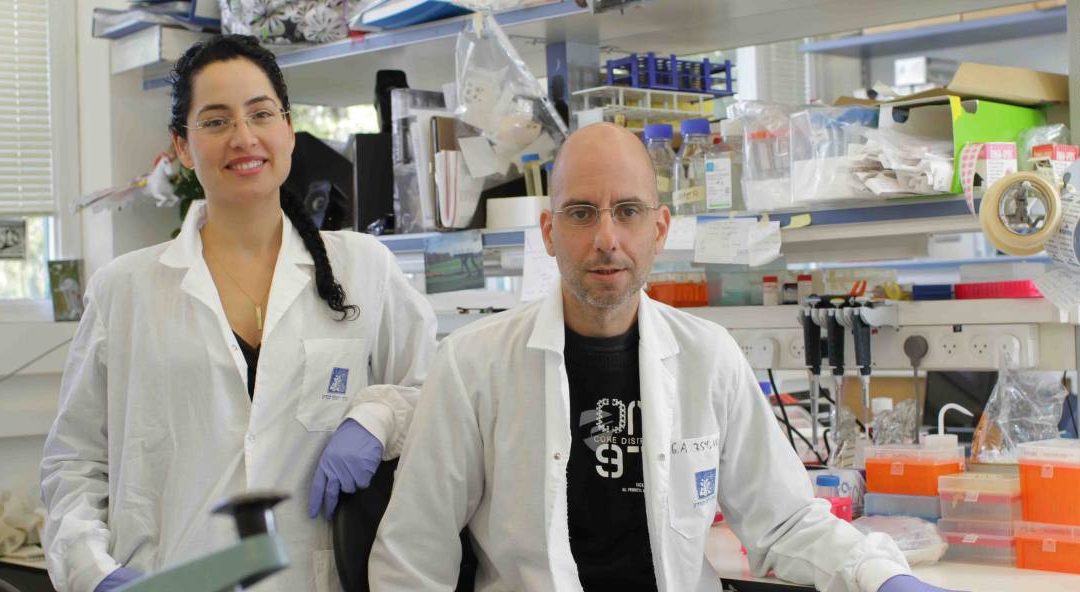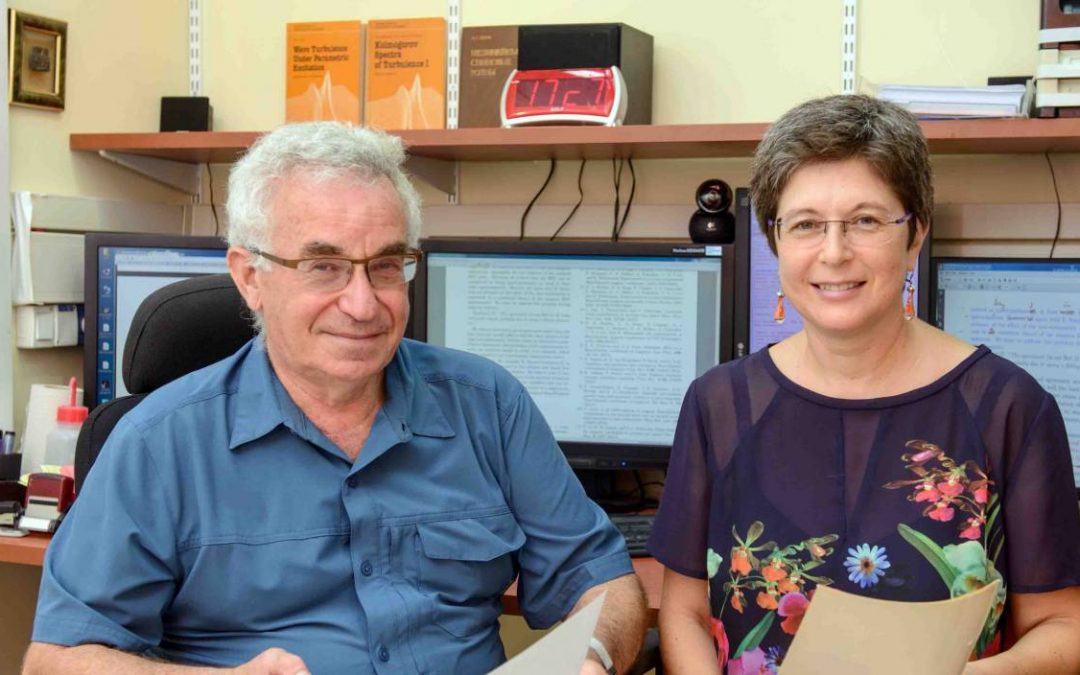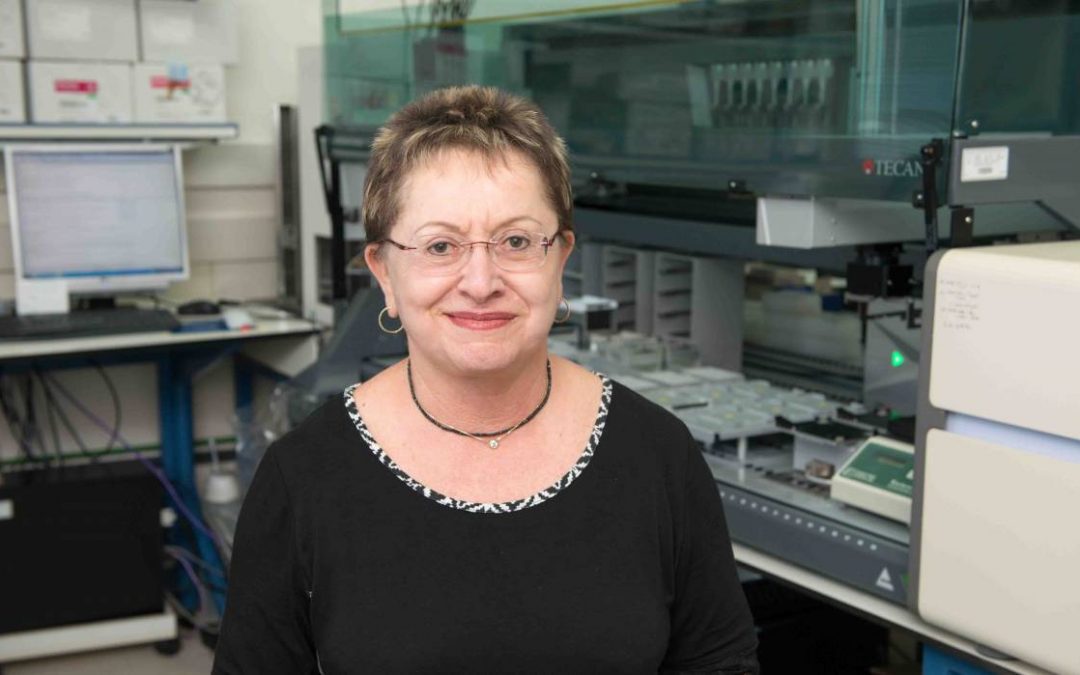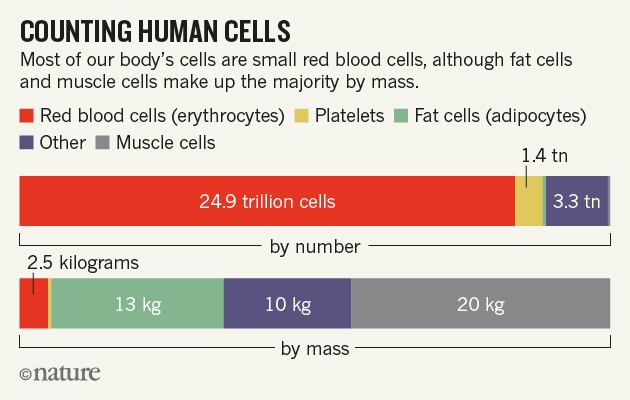
Oct 31, 2016 | Biochemistry, Brain & Behavior, Life Sciences
We might not be aware of our internal “body clocks” until we are jetlagged, but scientists continue to puzzle over what drives them. Now, a study published on October 20 in Cell Metabolism has found that changes in surrounding oxygen levels can reset circadian clocks...

Oct 31, 2016 | Chemistry, Lasers & Optics, Materials Science, Nano Physics, Nanoscience, Quantum Physics, Space & Physics
For over a century people have dreamed of materials in which so-called supercurrents would flow unimpeded – with no loss of energy over their length. Supercurrents do exist, but so far they can be created only at very low temperatures, some tens of degrees above...

Oct 19, 2016 | Bioinformatics and Computational Biology, Cancer, Life Sciences, Math & Computer Science, Systems Biology
Lab work can be a drag. “Sometimes we need to repeat an experiment over and over, or to try many different approaches until we find what works,” says Dr. Rivka Adar. “If I’m working on a project that has possible applications, I try to remind myself of the good things...

Oct 19, 2016 | Non classé
It’s often said that the bacteria and other microbes in our body outnumber our own cells by about ten to one. That’s a myth that should be forgotten, say researchers in Israel and Canada. The ratio between resident microbes and human cells is more likely...

Oct 17, 2016 | Epigenetics, Human stem cells, Immunology
Consider the growing embryo: All its cells share the same genes, but they have entirely different fates, ultimately specializing to make up the brain, liver, kidneys or other body organs. It’s as if all the cells contain the same “book” – that is, the genome – but...







Recent Comments